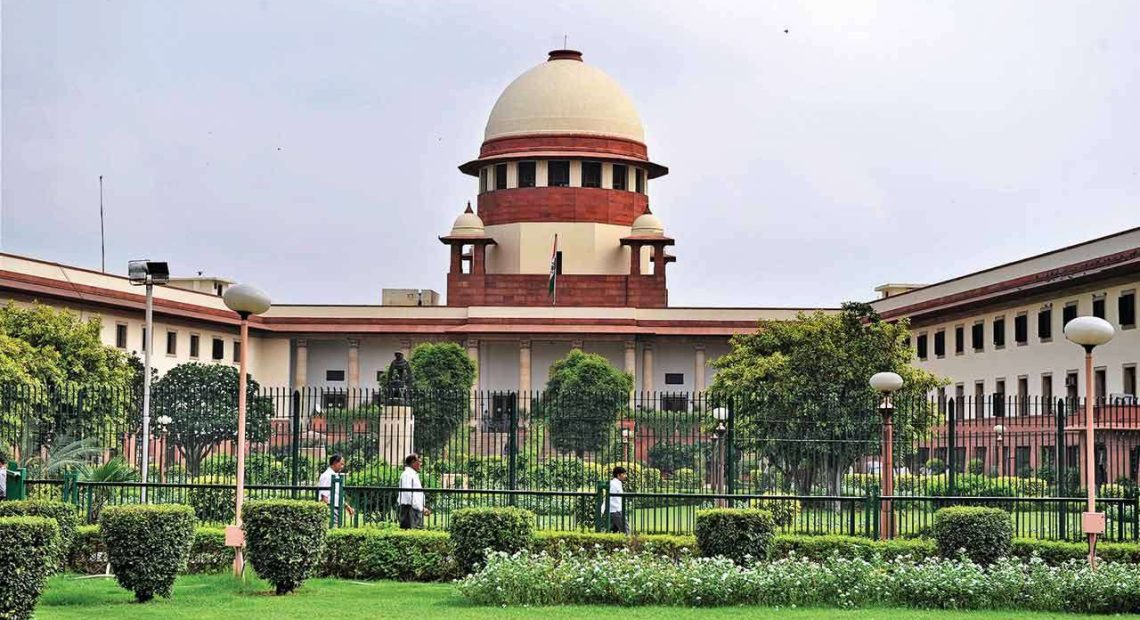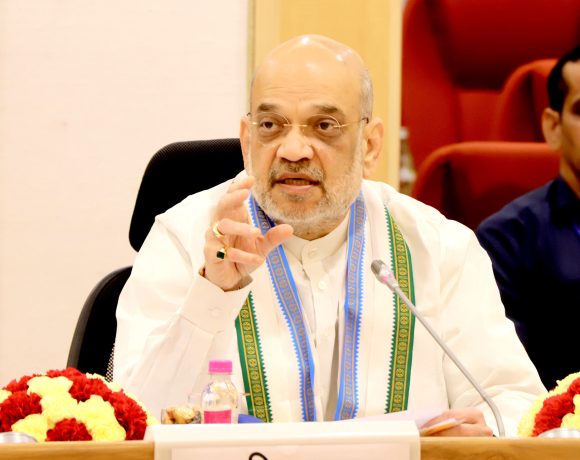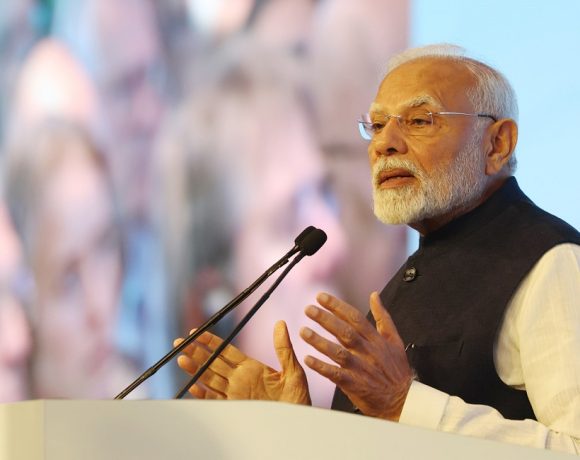
Supreme Court Raises Concern Over Karnataka HC’s Retroactive Arrest Orders
The Supreme Court of India has expressed serious concerns regarding a recent practice by the Karnataka High Court in which it issued retroactive orders of arrest in criminal cases, effectively extending the arrest power of lower courts beyond valid periods. The top court’s alarm stems from observations made during proceedings, where senior justices highlighted the potential risk this precedent poses to the fundamental principle of legality and individual liberty.
Retroactive Orders
At issue is the Karnataka High Court’s decision to validate arrests that occurred after the permissible period defined by law. In one notable case, the High Court effectively extended the arrest window by declaring suspect detention lawful even though the legal timeframe had expired. The Supreme Court noted that such judicial decisions appear to stretch the limits of judicial authority and undercut statutory safeguards designed to protect citizens against arbitrary state power.
Legal Implications
During the hearing, Supreme Court justices emphasized their duty to maintain the rule of law and outlined how the retroactive validation of arrests could open the door to potential misuse. They indicated that this trend could gradually erode trust in the justice system by enabling prolonged detention without timely judicial scrutiny. The bench suggested that such practices could eventually weaken procedural standards and the liberty rights enshrined in the Constitution.
Judicial Overreach
One of the senior justices pointed out that a High Court should not be seen as exercising supervisory or corrective jurisdiction in a manner that mimics an appellate forum for routine trial procedures. The Supreme Court reiterated that issuing arrest orders can be delegated only under clearly defined statutes, and cannot be retroactively applied through judicial fiat. The danger, the court warned, is that lower courts might misuse this extended power if it becomes normalized.
Supreme Court’s Stance
The Supreme Court has directed all High Courts to review similar cases and ensure there is no replication of such orders. It has called on the Karnataka High Court to formulate corrective guidelines preventing the judicial practice from gaining further ground. The apex court emphasized that judicial intervention must respect statutory time limits and preserve the delicate balance between effective law enforcement and citizens’ constitutional rights.
Rule of Law
By raising these concerns, the Supreme Court has reaffirmed the importance of rule of law as an indicator of judicial propriety. It stressed that courts must serve as guardians of the Constitution and ensure that laws are applied uniformly, without arbitrary or retrospective deviations. The Court signaled that while achieving justice is paramount, it should never come at the cost of undermining established legal frameworks.


















